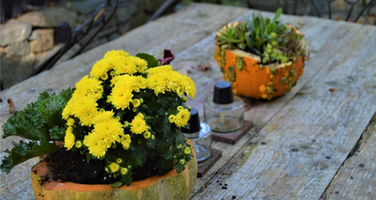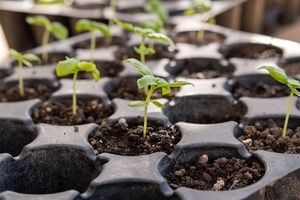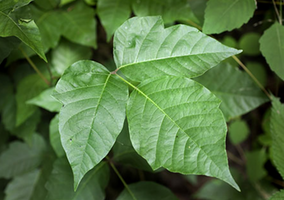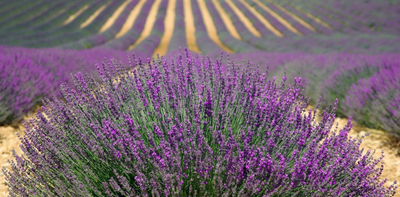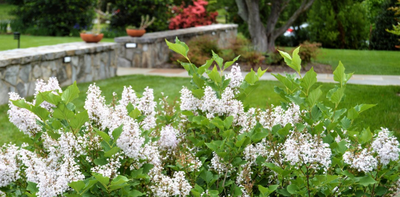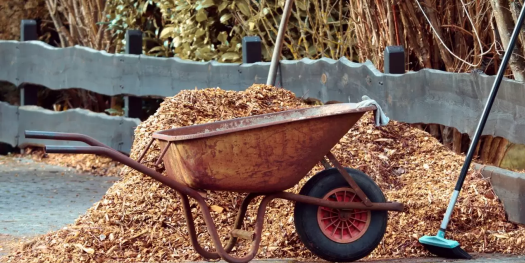
Mastering Mulching: Essential Tips for a Healthy Garden
Mulching is an essential practice in gardening that offers numerous benefits, from conserving moisture to suppressing weeds and enhancing soil health. However, despite its simplicity, mulching can sometimes go awry if not done correctly. To make the most out of your mulching efforts and avoid common pitfalls, here are some mulch mistakes to steer clear of:
 Over-Mulching
Over-Mulching
One of the most common mistakes gardeners make is applying too much mulch. While a thick layer of mulch may seem like a good idea for weed suppression and moisture retention, it can actually suffocate plant roots by depriving them of oxygen. Aim for a mulch layer that is around 2-4 inches thick, depending on the type of mulch used.
Improper Mulch Placement
Mulch should be applied around the base of plants, leaving a small gap around the stem to prevent moisture-related issues such as rot and disease. Avoid piling mulch directly against the stems or trunks of plants, as this can create a moist environment ideal for fungal growth and pest infestations.
 Using The Wrong Type of Mulch
Using The Wrong Type of Mulch
Not all mulches are created equal, and choosing the wrong type can lead to various problems. For example, mulches made from wood chips or bark can rob nitrogen from the soil as they decompose, potentially affecting the health of nitrogen-sensitive plants. It's essential to select mulches appropriate for your specific gardening needs and plant preferences.
Neglecting To Replenish Mulch
Over time, mulch breaks down and decomposes, losing its effectiveness in weed suppression and moisture retention. To maintain the benefits of mulching, it's important to replenish the mulch layer regularly, typically once or twice a year. This will help ensure that your garden continues to reap the rewards of mulching throughout the growing season.
Ignoring Weed Control
While mulch can help suppress weeds, it's not a foolproof solution on its own. Weeds can still find their way through mulch, especially if it's applied too thinly or if weed seeds are present in the soil below. To maximize weed control, consider using landscape fabric or applying a pre-emergent herbicide before mulching.
Skipping Soil Preparation
Mulch is not a substitute for proper soil preparation. Before applying mulch, take the time to prepare the soil by removing weeds, loosening compacted soil, and amending it with organic matter if necessary. This will create an optimal environment for plant growth and maximize the benefits of mulching.
By avoiding these common mulch mistakes, you can ensure that your garden reaps the full benefits of mulching while promoting healthier plants and a more vibrant landscape. Remember to choose the right type of mulch, apply it correctly, and maintain it regularly to enjoy a beautiful and thriving garden year-round.
Other Blog Posts You May Be Interested In:
A Comprehensive Guide to Cultivating Your Own Blueberry Patch
The ABC's Of Gardening: The Importance Of Quality Soil

About RightPlantz - RightPlantz is your go-to source for all things gardening. RightPlantz grows better gardeners.

